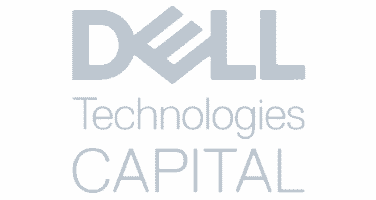Enabling Smart Connectivity
floLIVE offers the largest hyperlocal, global data network, providing centrally managed local connectivity for any device, anywhere. Gain direct network access, control your connectivity, monitor devices, access real-time events, switch operators remotely, and troubleshoot ahead of time for seamless device performance.

Meet floNET Global IoT Connectivity Service
A username and password is all you need to onboard our fully automated service platform and achieve worldwide connectivity. Connect, Visualize, Control, Support and Invoice IoT devices and services on the IoT cloud through a single pane of glass.

A full suite of IoT connectivity solutions

IoT Connectivity Platform
A cloud based connectivity management, device management, billing and core network with flexible deployment models to get your IoT projects up and running with low TCO and quick time-to-market.
Cloud-managed Mobile Private Network (LTE/5G)
Bring the power of the cloud to your enterprise data center. This solution allows customized cellular
IoT connectivity solutions for ultra secure, low-latency and high speed network experience.
Global IoT Network as-a-service (LTE/5G)
Using advanced User and Control Plane separation technology, we offer high flexibility from our globally distributed local packet gateway array. Specially designed to meet the needs of narrowband, battery-operated device-to-cloud use cases.
A Cloud-based BSS, built for IoT
A modern, holistic business suite for mobile operators and IoT service providers, and for the IoT connectivity market at large. Our BSS includes an innovative multi-tier billing and rating system and out of the box functionality to launch new IoT business models.

Thinking out of the box? Think floLIVE.
Cost Effective
All our IoT cloud services are based on a transparent, pay as
you grow model with low TCO. As you only pay for active IoT
devices, your costs scale right along with your success, helping
you stand out in the IoT industry.
Elastic
Our advanced microservices architecture allows decoupling of
any building block. Pick and choose any component, and use
our rich REST API to integrate with existing infrastructure to
grow your global IoT solutions quickly and easily.
Secure
Innate, multi-layered and uncompromised security
from multiple angles protects IoT devices, their data
and connectivity against cybersecurity threats.
Open
An advanced, unified REST API suite enables
seamless IoT management and integration
from the cloud to streamline enterprises’
business operations.
Compliant
Global cellular connectivity for IoT that adheres to privacy
regulations such as GDPR, and fully complies with all
laws and governance, including roaming restrictions,
local tax regulations and data laws.
Truly Global
Looking for global IoT solutions? We offer local coverage
in over 50 countries and are constantly expanding into
new territories, with smart operator switching so that
reliability is always best-in-class.

Check out our latest updates

Unlocking the Secrets to Global Connectivity on the Move for IoT Telematics
Register Now
Kyle Okamoto Joins floLIVE’s board as Executive Director of Business Strategy to Drive Strategic Expansion of Global Cellular Infrastructure
Read More






